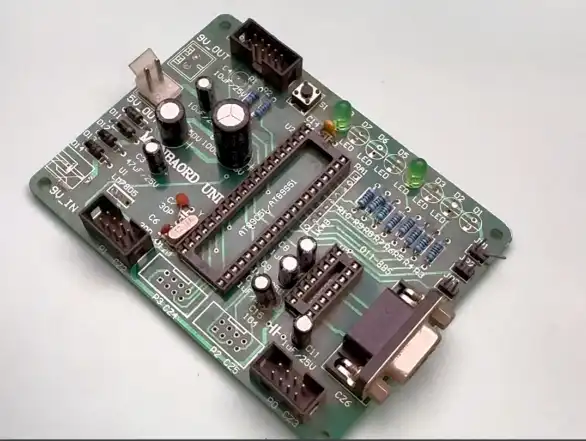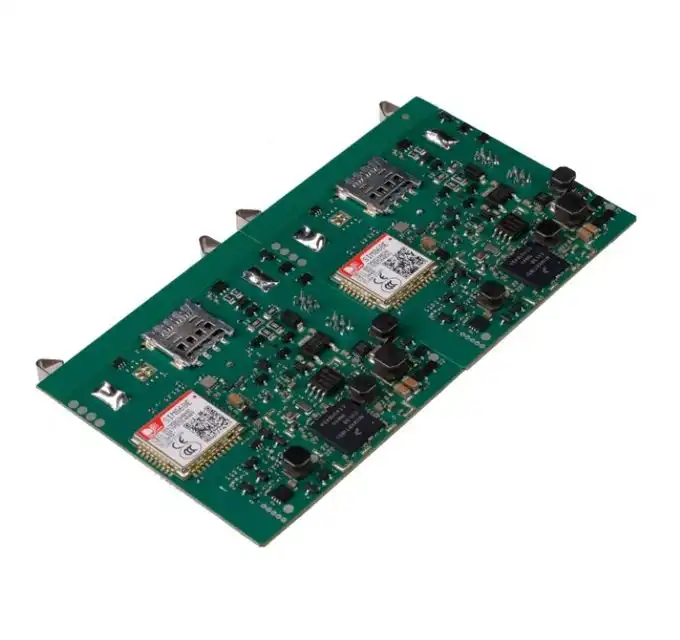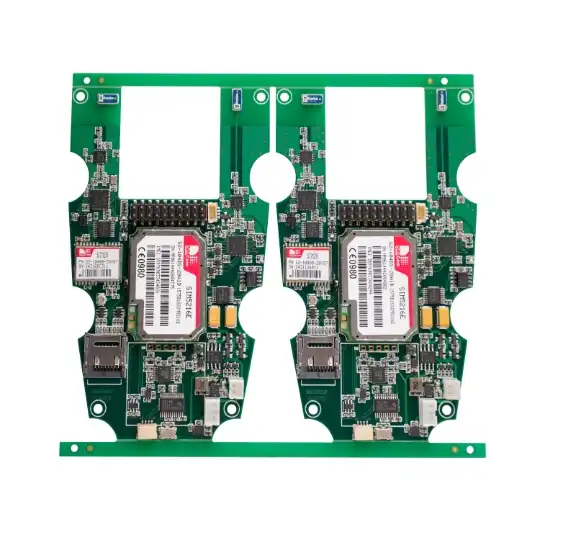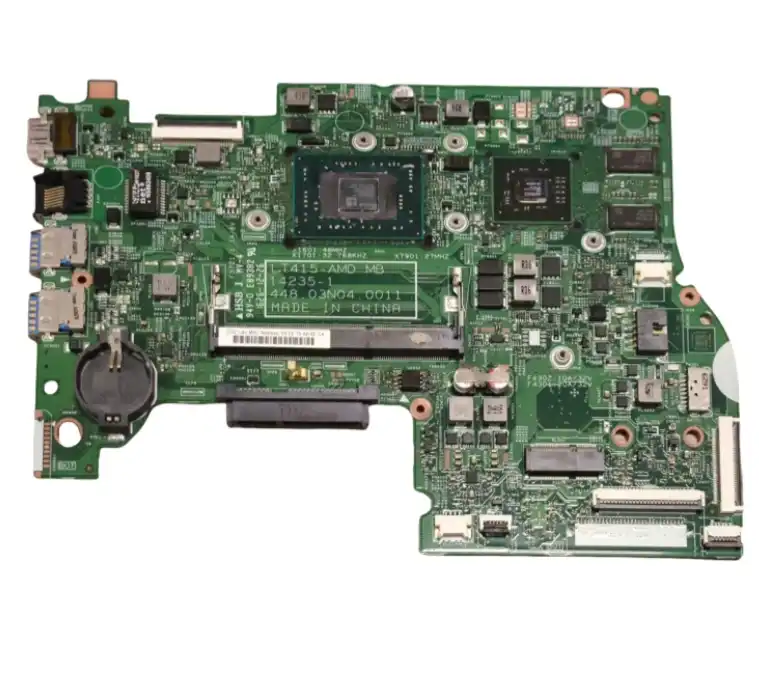Custom PCB Services: From Design to Fabrication
Custom PCB services encompass a comprehensive range of processes that transform conceptual designs into fully functional circuit boards. This intricate journey begins with the initial design phase, where engineers work closely with clients to understand their specific needs and requirements. During this stage, factors such as board size, layer count, material selection, and component placement are carefully considered to ensure optimal performance and manufacturability.
Once the design is finalized, the fabrication process commences. This involves a series of sophisticated steps, including:
- Photolithography: Creating the circuit pattern on the board
- Etching: Removing excess copper to reveal the circuit traces
- Drilling: Creating holes for vias and component mounting
- Plating: Applying conductive layers to ensure proper connectivity
- Solder mask application: Protecting the circuit from environmental factors
- Silkscreen printing: Adding component labels and other identifiers
Throughout these stages, rigorous quality control measures are implemented to ensure the highest standards of precision and reliability. Advanced manufacturing techniques, such as laser drilling and automated optical inspection, are often employed to achieve superior results.
The Advantages of Custom PCB Design
Opting for custom PCB design offers numerous benefits over off-the-shelf solutions:
- Tailored Functionality: Custom designs can incorporate specific features and capabilities that are not available in standard PCBs.
- Space Optimization: By designing the board to fit exact specifications, custom PCBs can maximize space utilization in compact devices.
- Cost Efficiency: While initial costs may be higher, custom PCBs can lead to long-term savings by reducing the need for additional components or modifications.
- Enhanced Performance: Customized layouts and optimized trace routing can significantly improve signal integrity and overall performance.
- Intellectual Property Protection: Custom designs help safeguard proprietary technologies and circuit configurations.
Advanced Technologies in Custom PCB Manufacturing
The field of custom PCB manufacturing is constantly evolving, driven by advancements in technology and increasing demands for miniaturization and performance. Some of the cutting-edge technologies employed in modern custom PCB production include:
High-Density Interconnect (HDI) PCBs
HDI technology allows for the creation of boards with higher circuitry density, smaller vias, and finer lines and spaces. This advanced approach enables designers to produce more compact and sophisticated electronic devices without compromising performance or reliability. It’s especially valuable in industries like smartphones, wearables, and medical electronics, where space efficiency and signal integrity are critical. By utilizing Custom PCB Service, manufacturers can tailor HDI designs to meet specific project requirements, ensuring optimal electrical performance, mechanical strength, and product miniaturization for cutting-edge applications.
Flex and Rigid-Flex PCBs
Flexible and rigid-flex PCBs offer unique advantages in terms of space-saving and durability. These boards can be bent or folded to fit into tight spaces or conform to specific shapes, making them ideal for applications in aerospace, medical devices, and automotive industries.
Embedded Components
The technique of embedding passive and active components within the PCB layers is gaining traction. This approach not only reduces the overall size of the board but also improves electrical performance by shortening signal paths.
3D Printed Electronics
While still in its early stages, 3D printing technology is showing promise in PCB manufacturing. It offers the potential for rapid prototyping and the creation of complex, three-dimensional circuit structures that are challenging to produce with traditional methods.
Ensuring Quality and Reliability in Custom PCB Services
Quality assurance is paramount in custom PCB manufacturing, as even minor defects can lead to significant issues in the final product. Reputable custom PCB service providers implement comprehensive quality control measures throughout the production process:
Design for Manufacturing (DFM) Analysis
Before production begins, designs undergo thorough DFM analysis to identify and address potential manufacturing issues. This proactive approach helps prevent costly errors and ensures smoother production runs.
In-Process Quality Checks
During fabrication, various inspection points are established to monitor key parameters such as trace width, spacing, and hole quality. Advanced inspection tools, including Automated Optical Inspection (AOI) and X-ray systems, are used to detect defects that may be invisible to the naked eye.
Electrical Testing
Once fabrication is complete, boards undergo rigorous electrical testing to verify proper connectivity and functionality. This may include flying probe tests, bed-of-nails testing, or more advanced functional testing depending on the complexity of the board.
Environmental Stress Testing
For applications requiring high reliability, such as aerospace or medical devices, custom PCBs may undergo additional environmental stress testing. This can include thermal cycling, vibration testing, and humidity exposure to ensure the board's performance under extreme conditions.
Certifications and Standards Compliance
Leading custom PCB manufacturers maintain certifications such as ISO 9001, AS9100, and IPC standards to demonstrate their commitment to quality and consistency in their manufacturing processes.
By implementing these robust quality assurance measures, custom PCB service providers can deliver reliable, high-performance boards that meet or exceed client expectations.
Conclusion
Custom PCB services offer a powerful solution for businesses and innovators seeking to create unique, high-performance electronic products. By leveraging advanced manufacturing techniques and rigorous quality control processes, custom PCB manufacturers can deliver tailored solutions that meet the most demanding requirements across various industries. As technology continues to evolve, the role of custom PCB services in driving innovation and enabling cutting-edge products will only grow in importance.
When selecting a custom PCB supplier or manufacturer, consider factors such as technical expertise, quality certifications, and the ability to provide comprehensive solutions from design to production. Partnering with a reputable custom PCB service provider can be the key to bringing your innovative ideas to life and staying ahead in today's competitive market.
FAQ
What is the typical turnaround time for a custom PCB order?
Turnaround times can vary depending on the complexity of the design and the manufacturer's capabilities. Simple boards may be produced in as little as 24 hours, while more complex designs can take several weeks.
Can custom PCB services handle small-volume production?
Yes, many custom PCB manufacturers offer flexible production options, including small-volume runs and prototyping services.
Are there any limitations on the size of custom PCBs?
Size limitations depend on the manufacturer's equipment. Most can handle boards up to 24" x 36", while some specialize in larger or smaller formats.
Experience Ring PCB's Custom PCB Service Excellence
Ring PCB stands out as a premier custom PCB service provider, leveraging over 17 years of industry expertise. Our state-of-the-art facilities and skilled team of 500+ professionals ensure top-quality PCB solutions tailored to your exact specifications. From rapid prototyping to high-volume production, our custom PCB manufacturing capabilities cater to diverse industries. Experience unparalleled quality, precision, and reliability with Ring PCB as your trusted PCB supplier and manufacturer. Contact us at [email protected] to discuss your custom PCB requirements today.
References
1. Johnson, A. (2022). "Advances in Custom PCB Design and Fabrication Techniques." Journal of Electronic Manufacturing, 18(3), 245-260.
2. Smith, B., & Brown, C. (2021). "Quality Assurance Protocols in Custom PCB Manufacturing." International Conference on Electronics Production and Design, 112-125.
3. Lee, S. et al. (2023). "Emerging Technologies in Flexible and Rigid-Flex PCB Fabrication." Advanced Materials for Electronics, 29(2), 78-95.
4. Thompson, R. (2022). "Cost-Benefit Analysis of Custom PCB Services vs. Off-the-Shelf Solutions." Electronics Design and Manufacturing Quarterly, 7(4), 302-318.
5. Garcia, M., & Wilson, T. (2023). "Environmental Considerations in Modern PCB Manufacturing Processes." Sustainable Electronics Review, 14(1), 55-70.






